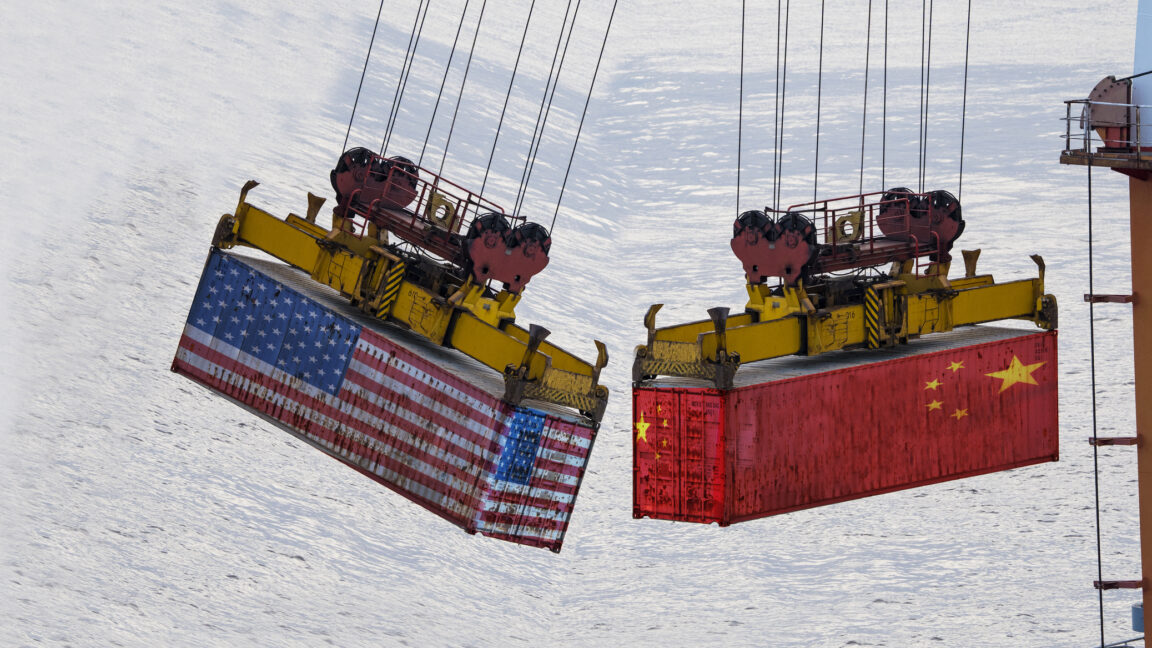
Any costs of new tariffs “would be passed on to consumers, and consumers would purchase less of those products,” Brzytwa said. “In our view, that is not supportive of innovation when people are not purchasing the latest technologies that might be more capable, more energy-efficient, and might have new features in them that allow us to be more productive.”
Brzytwa said that a CTA study showed that if tariffs are imposed across the economy, all companies would have to stop everything to move away from China and into the US. That would take at least a decade, 10 times the labor force the US has now, and cost $500 billion in direct business investments, the study estimated. “And that’s before you get to environmental costs or energy costs,” Brzytwa told Ars, while noting that an alternative strategy relying on treaty allies and trading partners could cut those costs to $127 billion but not eliminate them.
“It wouldn’t happen in a way where there’s no cost increase,” Brzytwa said. “Of course, there’s going to be a cost increase.”
The hardest-hit tech companies by China tariffs so far have likely been small businesses with little chance to grow since they’re “paying more in tariff costs or they’re paying more in administrative costs, and they’re not spending money on research and development, or they’re not hiring new people, because they’re just trying to stay alive,” Brzytwa said.
Lovely has testified three times to Congress and plans to continue stressing what the negative impacts “might be for American manufacturers for consumers” from what she thinks are “rather extreme moves” expanding tariffs without clear purpose under both Trump and Biden.
But while Congress controls the power to tax, it’s the executive branch that controls foreign policy, and in this highly politicized environment, even well-researched studies done by nonpartisan civil servants can’t be depended on to influence presidents who are determined to use tariffs to appear strong against China, Lovely suggested.
On the campaign trail, both candidates appeared to be misleading Americans into thinking that tariffs “are good for them,” Lovely said. If Trump’s tariffs get implemented once he’s sworn back in, that will only make it that much worse if the rug gets yanked from under them and Americans are suddenly hit with higher prices on their favorite devices.
“It’s going to be like shock therapy, and it’s not going to be pleasant,” Lovely told Ars.

